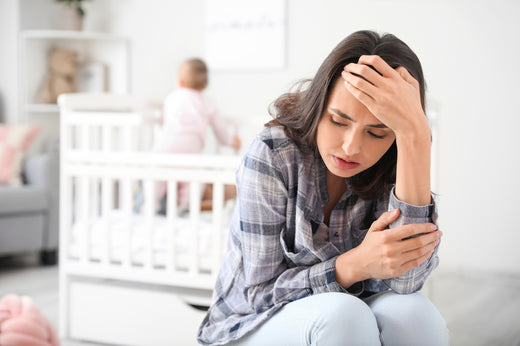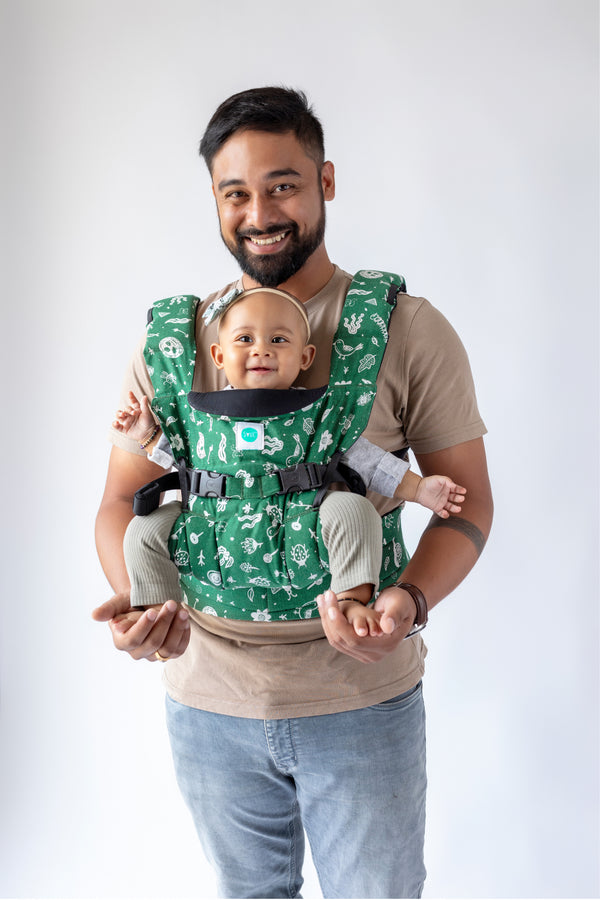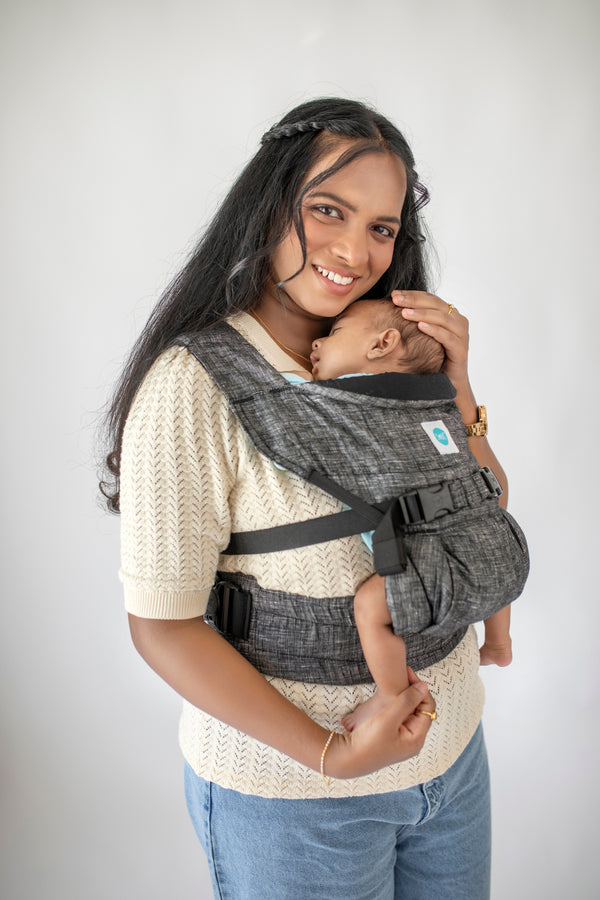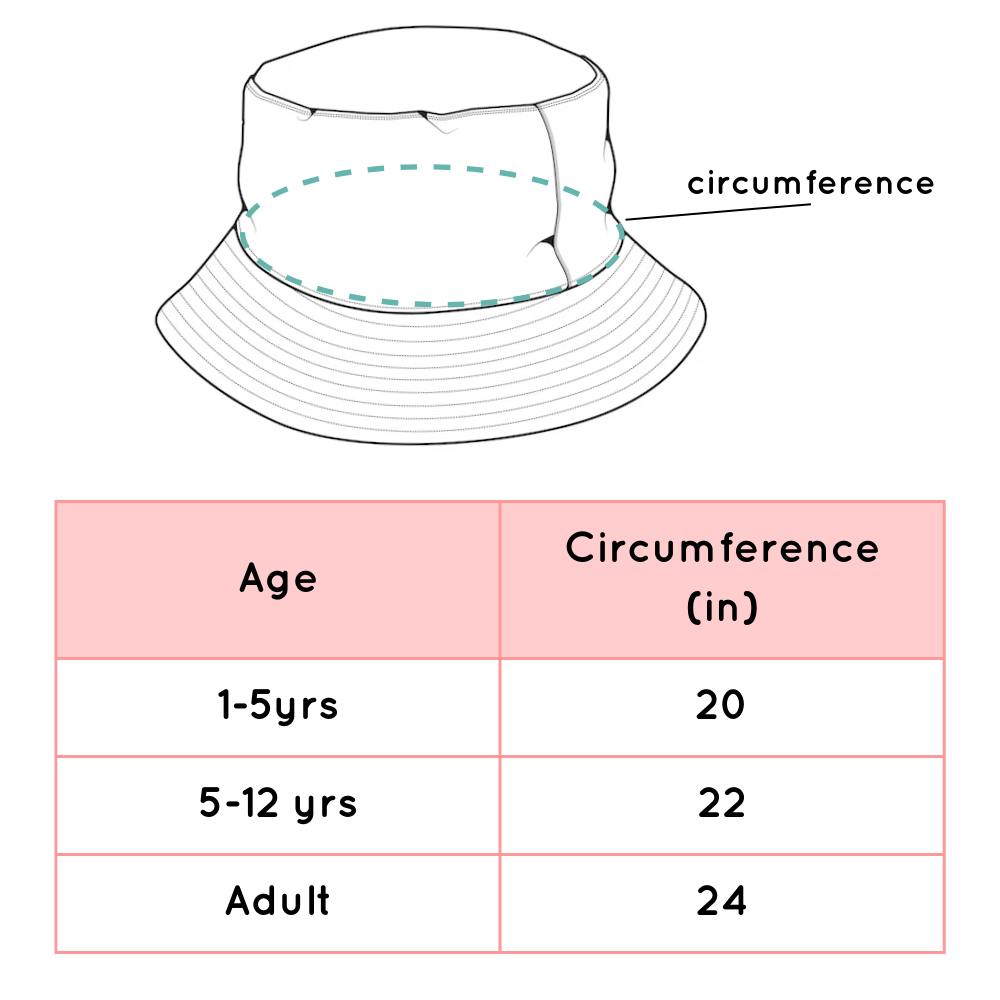Postpartum Depression: How to deal with the same
Posted by SOUL BABY CARRIERS

The connection between a mother and a child is known to be one of the strongest bonds This connection begins to develop even before the birth of the child. As the child grows, the bond deepens.
However, while you set on this beautiful journey of motherhood, you may undergo some unprecedented changes. While you may normally anticipate joy and fulfillment after delivering the baby, you may find yourself struggling with an array of negative emotions such as anxiety, sadness, detachment, postpartum blues, etc. These unexpected symptoms can be a sign of Postpartum depression.
What is Postpartum Depression
Postpartum depression (PPD) is a common condition that afflicts many women post delivering a baby. New moms may experience sadness or hopelessness. It is one of the sad realities that mothers may feel depressive feelings despite the joyous occasion of childbirth. However, one must note that postpartum depression is not a sign of weakness or incompetence as a mother. It is rather a medical condition that requires quick attention and support. One should not feel guilty or blame the mother for going through this.
Symptoms of Postpartum Depression:
Postpartum depression symptoms vary from person to person. They may be mild or severe.
Some of the postpartum depression symptoms are -
If you know someone who has these postpartum blues, you should help get the right medical help.
Causes of Postpartum Depression:
Postpartum blues are caused due to a multitude of factors and not just a single cause. Some of the causes of depression after birth are mentioned below -
a. Hormonal changes,
b. sleep deprivation,
c. physical discomfort after childbirth,
d. a history of depression or anxiety,
e. lack of social support,
f. stress
Ways to Get Rid of Postpartum Depression:
Dealing with postpartum depression can seem like a daunting task. However, do not lose hope, there are ways in which mothers can cope and recover. Here are some of the natural ways on how to handle postpartum depression :
1. Practice regular exercise. Yoga is a great exercise that can give your body and mind the strength it requires to cope with postpartum.
2. Start eating healthy food. Chickpeas, black beans, spinach, salmon, milk olive oil, cashews, etc are some of the food items you should consider including your diet.
3. Practicing mindful meditation can also help alleviate the symptoms of postpartum depression. You may also consider spending some time in nature to reconnect with your feelings and yourself.
Postpartum depression affects many new mothers, but it is a treatable condition that is quite common. With the help of natural remedies and love and care from family members, mothers can surely overcome this challenging phase. Slowly, with time, the depressive feelings fade away and you will start connecting with your baby. If the symptoms continue, seek some professional help. It is important to remember that you are not alone, and help is always available, you just need to ask for it.
FAQs on Postpartum Depression:
The duration of postpartum depression may differ from person to person. Many women feel it for a few weeks, and then the depressive feelings fade away eventually. However, some may face severe symptoms for months, in cases such as these, it is important to seek professional help.
The time immediately after delivery, around first 6 weeks is known as post-partum. This period is characterized by physical and emotional changes that the mother has to undergo. It is a period of transition from pregnancy to motherhood which allows mother to recover her body.





